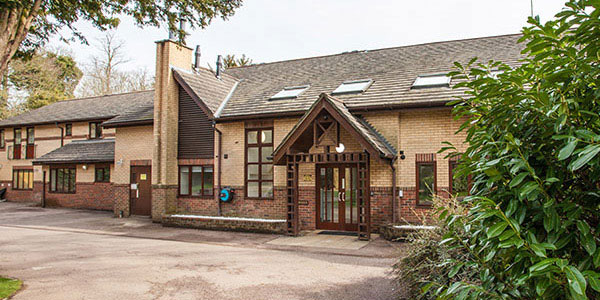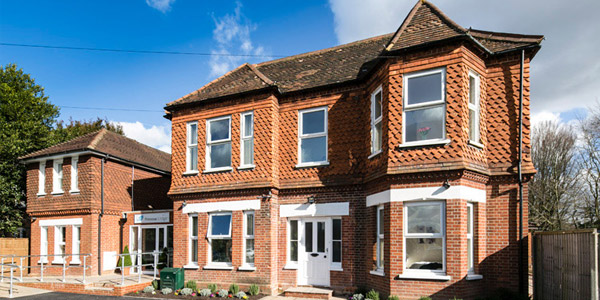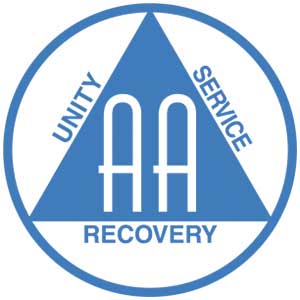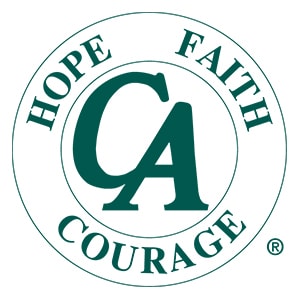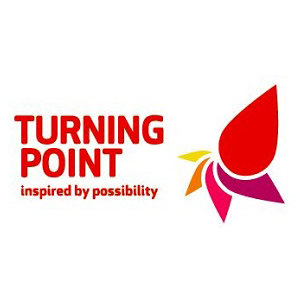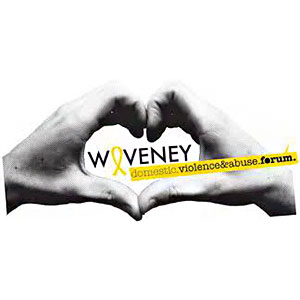Alcohol & Drug Rehab in Lowestoft
While nowhere in the UK is untouched by the addiction crisis, port towns such as Lowestoft are particularly vulnerable because they are the first stops for a significant proportion of the illegal drugs (as well as black market alcohol and medicine) consumed in the country. Residents of Lowestoft will no doubt be aware that long-established substances of abuse such as alcohol and heroin have recently been joined by damaging new psychoactive substances (NPS) such as spice in wreaking havoc both on the streets of the town and behind closed doors.
If you live in or near Lowestoft and are yourself wrestling with addiction, you may struggle to retain any hope of escaping your condition in such a challenging environment. However, that hope is by no means futile: there is now a new generation of treatment facilities transforming and saving lives across the UK, and if you are willing and able to seek help, that help is there for you. Read on to discover how rehab can free you from addiction and set you back on the path to happiness.
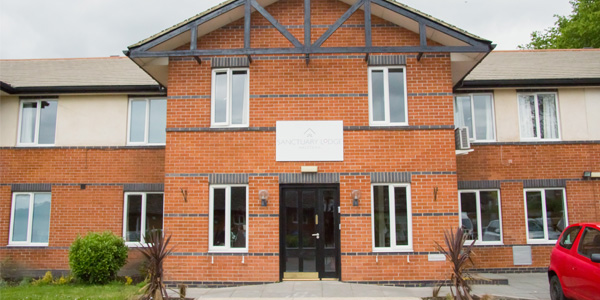
Sanctuary Lodge is a state of the art detox and rehabilitation facility, se…
- Private
- Holistic Treatment
- Onsite gym
- Residential
Featured Rehabs
Liberty House Clinic is a fully furbished detox and rehabilitation facility…
Banbury Lodge is a private UKAT rehab facility based in Banbury, Oxfordshir…
At Primrose Lodge we genuinely care that our patients make a full recovery …
Finding Treatment near Lowestoft
-
- 12 Step
- CBT
- Residential
- Family Workshops
- Load More
-
- Free
- Group Setting
- 12 Step
- Family Workshops
-
- 12 Step
- Group Setting
- Free
- Outpatient
-
- 12 Step
- Group Setting
- Free
- Outpatient
-
- Free
- Outpatient
- Free
- Outpatient
-
- Free
- Outpatient
- Free
- Outpatient
-
Waveney Domestic Violence & Abuse Forum
The Kirkley Centre
154 London Road South
Suffolk NR33 0AZ0 review- Free
- Outpatient
- Free
- Outpatient
- Load More
Drug & Alcohol Rehab Services in Suffolk
- A
- B
- C
- D
- E
- F
- G
- H
- I
- J
- K
- L
- M
- N
- O
- P
- Q
- R
- S
- T
- U
- V
- W
- X
- Y
- Z
What Is Rehab?

Residential rehabilitation (or “rehab”) is the name given to a dedicated facility where addiction treatment is provided, and to the treatment itself – usually comprising both a detoxification (“detox”) phrase and a period of therapy. At rehab, patients benefit from a peaceful, attractive, confidential setting in which they can concentrate upon their recovery, away from their usual environment of substance abuse, and confident that details of their condition will not become common knowledge.
It is nowadays generally accepted that rehab provides the most effective treatment of addiction, in terms of producing permanent abstinence on behalf of the addict. Rehab’s holistic approach, addressing both the immediate challenge of physical dependency (via detox) and the more pernicious problem of psychological addiction (which needs to be countered by therapy) contrasts with a plethora of treatment methods addressing only one aspect (typically physical dependency) of addiction; the latter are unlikely to result in a permanent recovery since the underlying causes of addiction remain untouched.
How Can I Get Someone into Rehab?
It is not excessive to say that when it comes to the treatment of addiction every day counts: thousands of people die each year in the UK from substance abuse, and countless more fall victim to accidents or acts of violence in which alcohol or drugs – or both – are a factor. Because of this terrible toll, and because even an apparently otherwise healthy addict can succumb at any time to overdose or the aforementioned accidents, getting help as soon as possible is crucial to minimise the risk that you will become another heartbreaking statistic.
While the NHS can offer high-quality addiction treatment services, the waiting lists for these services can be distressingly long, and if you or someone close to you need help time is of the essence: reach out today to discover what private options may be available to you. Call 0800 024 1455 to speak with an addiction specialist.
Advantages of Private Rehab
As noted above, a good rehab provides a peaceful, highly secure, secluded and confidential setting in which an addict is able to concentrate on their recovery away from the temptations of the outside world and the environment in which substance abuse has become a way of life.
When an addict enters rehab they will be given a thorough assessment of their condition and the extent of their addiction, and will then begin a detox to cleanse their system of substances of abuse; this detox will be supervised by highly experienced medical personnel to ensure that the process is as safe as possible, and that the experience of withdrawal is made as comfortable as it can be (which may involve the provision of certain medications).
Following the detox phase a patient will engage in various forms of therapy which will uncover the root causes of addiction (crucial if the patient is to go on to lead a drug- and/or alcohol-free life) and will give them psychological defence mechanisms to prevent relapse. They will also benefit from tailored fitness and dietary plans, and from a plethora of other resources available in the facility. Following a stay in rehab, because recovery is an ongoing process which is not simply complete when the patient leaves the facility, they will also receive aftercare in various forms, which is usually free for up to a year at good facilities.
What Does Rehab Cost in Lowestoft?
The cost of private rehab in or near Lowestoft can vary significantly by treatment programme, and depending on which of a variety of optional extras are selected. As a rough guide, standard costs range from between £5,500 and £11,000 per month, though the cheapest rehab treatment can start from as little as £834 per week. For more details, call 0800 804 4755.
NHS Addiction Treatment Options near Lowestoft
If you feel that private rehab is currently not an option for you for reasons of cost, or if you do not feel that you are able to spend the required time away from family and/or work obligations, do not despair: various NHS and charity resources can be found in Lowestoft and across Suffolk which can help you combat your addiction. Consult your GP about which of these resources may be available to you and would be most appropriate for your specific situation.
Advantages of NHS Treatment
Obviously, a key advantage of NHS treatment is financial: the cost of private rehab can be, as noted, off-putting for some addicts (although when set against the cost – and potentially deadly risks – of not getting treatment and continuing to sustain an addiction, such a cost should be considered more of an investment) while NHS services are free at the point of use.
Another positive aspect of the NHS option is geographical accessibility, with the NHS operating throughout the country while some rehabs are a substantial distance from Lowestoft. Meanwhile quality is another advantage of the NHS route – though this quality does vary from one trust to another, and as mentioned above waiting times can be distressingly lengthy.
Addiction Support Groups
A number of organisations exist across the country to provide assistance to recovering addicts, and some of these operate a support group model. Support groups are groups of individuals who are themselves recovering addicts – some only recently free from addiction, while others may have been clean for many years – and who come together at regular meetings to give and take mutual support: sharing their stories of addiction, giving advice on how to resist relapse, showing solidarity and sympathy when group members are struggling, and providing the simple companionship which can mean so much in times of difficulty and loneliness.
Support group attendees can come from all walks of life, brought together by their shared experience of addiction and recovery; typically, attendance at support groups is free and the only qualification for participation is a commitment to leading a life free of substance abuse.
The most famous support group organisation, and the one on which most others are modelled, is Alcoholics Anonymous (AA) which was founded in 1935 and runs on a 12-step programme of personal and spiritual development, with one of the steps being a recognition that a higher power – such as God – can assist with an alcoholic’s recovery. Narcotics Anonymous (NA), founded in 1953 and based directly upon the AA model, is the second-largest support group organisation worldwide and caters to recovering drug addicts specifically.
In a similar vein, but supporting those recovering from addictions to specific substances, are Cocaine Anonymous (CA), Heroin Anonymous (HA), Marijuana Anonymous (MA) and Crystal Meth Anonymous (CMA), all of which operate 12-step programmes. There are also support groups such as Al-Anon and Nar-Anon assisting the families and friends of addicts which typically hold meetings alongside those for the addicts themselves.
Support groups typically meet weekly, though each local chapter is managed independently and meeting times and venues are subject to change. To find information on meetings in or near Lowestoft, see the relevant websites: Alcoholics Anonymous; Narcotics Anonymous; Cocaine Anonymous; Heroin Anonymous; Marijuana Anonymous; Crystal Meth Anonymous.
Types of Counselling

Private addiction counsellors – who operate very much like regular psychotherapists, although unsurprisingly with a strong emphasis on tackling the causes and consequences of addiction – may be found throughout the UK, providing a broad range of different therapy models (including some very niche ones) and different approaches to treatment. These counsellors can be seen by private appointment on an ongoing basis – typically each week – and usually charge a fee per appointment; some are only available during pre-agreed working hours, but others do make themselves available for emergency access.
This type of individual counselling is particularly attractive to people with very busy schedules, and frequently is utilised by recovering addicts who have been through treatment programmes at rehab and who wish to maintain a degree of contact with specialist medical professionals during the next phase of recovery. On the other hand, individual counselling may appeal also to addicts who have not yet been through rehab but who intend to do so, perhaps in the foreseeable future, and who meanwhile wish to get help managing addiction before attempting to break it altogether.
How to get to Sanctuary Lodge from Lowestoft
Sanctuary Lodge is a state-of-the-art, 24-bedroom detox and rehabilitation facility set in a tranquil neighbourhood in the pretty market town of Halstead, Essex. Sanctuary Lodge’s high-quality facilities and highly experienced medical and support staff create the ideal environment in which to address the key questions at the heart of recovery from addiction, and to embrace its fully comprehensive holistic rehabilitation programme.
To get to Halstead from Lowestoft, take the A47 as far as the A12, then follow that road all the way down to junction 26, at which point take the A1124 exit and stay on that road directly into Halstead.



